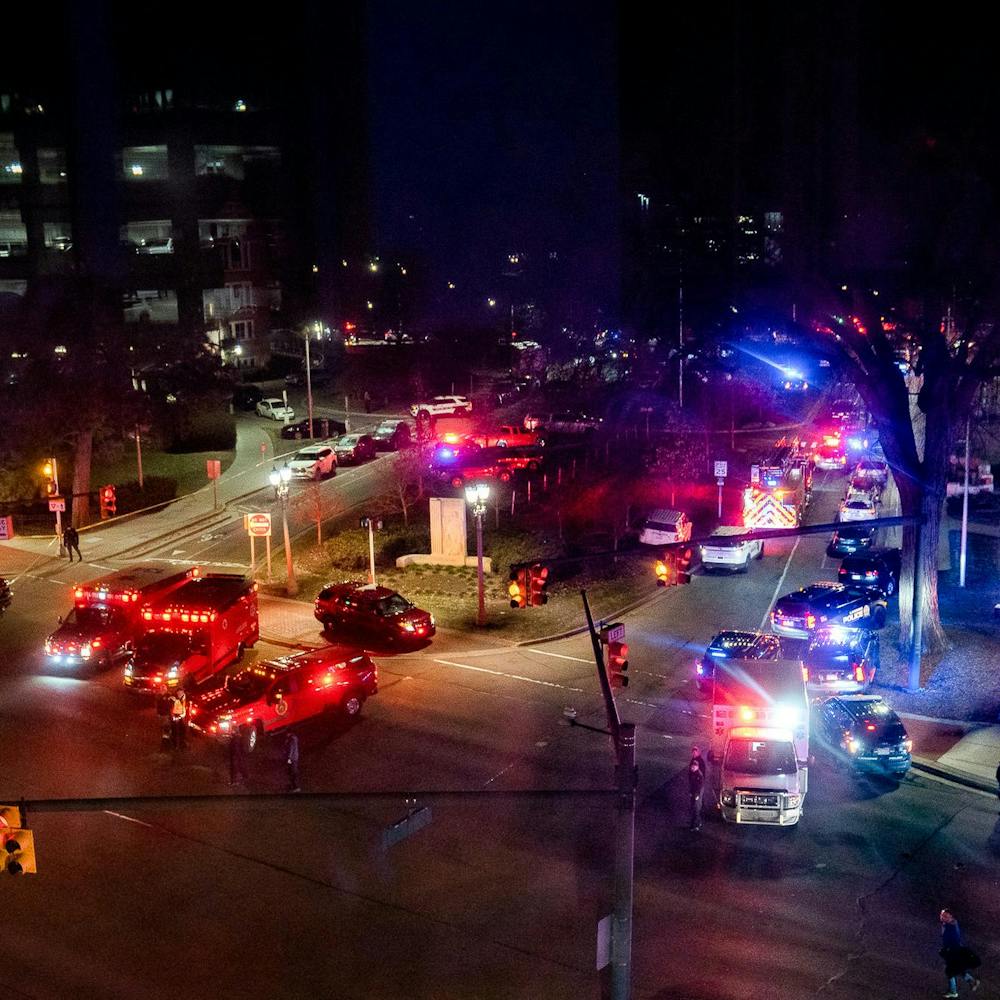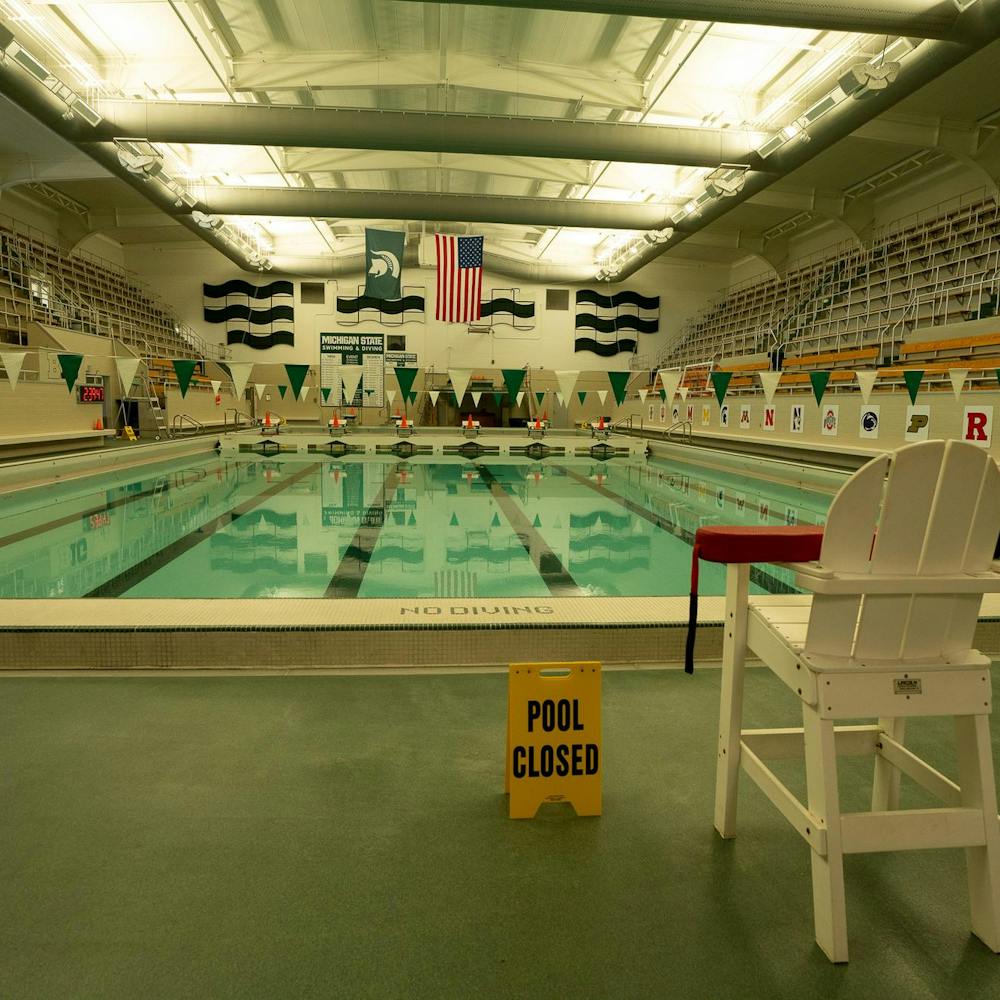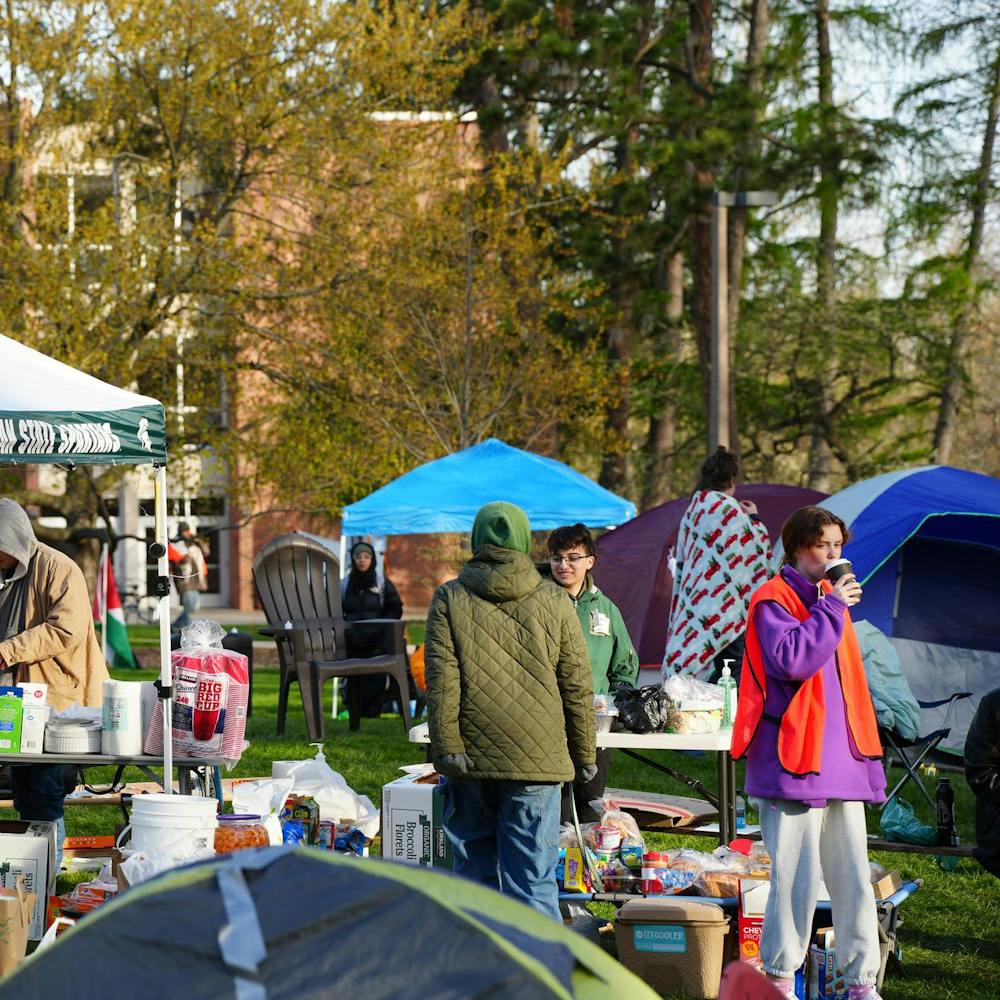The first week of classes is well under way, and MSU’s campus bustles with activity after a long summer break.
Despite the little annoyances of classes, many MSU students have been waiting all summer to get back together with their friends, live in their own space off campus, and jump back into the party scene. Permanent community members, however, might not be so happy.
The permanent residents of East Lansing and the MSU student body have a love-hate relationship. One day, we’re getting along great — and the next, students burn couches and neighbors call the cops. Last April, everything seemed quite placid, until a little event known as Cedar Fest, the 4,000-person block party turned riot near campus.
In an effort to curb similar behavior and ease tensions between permanent college-town residents and their students, several U.S. colleges have stepped up their enforcement — punishing students who break the law off campus, just the same as if they had broken student rules on campus.
The University of Washington, for instance, is now enforcing its campus behavior code off campus. Breaking a city noise regulation there now results in a student conduct violation.
Given several MSU students’ behavior during last spring’s now-infamous Cedar Fest, it’s not unforeseeable that MSU would adopt a similar policy. After all, students’ actions reflect the university’s reputation, so it’s understandable that MSU would want to maintain its credibility as a respectable institution.
But punishing students with reprisals — in addition to those that they are already receiving from the city — simply undermines students’ opportunity to grow and learn. In the real world, if a person gets slapped with a noise violation after a party, they don’t get punished for it at work the next morning.
Likewise, MSU should step back and realize when to simply let students deal with their own mistakes before it considers instituting a policy such as the University of Washington’s.
MSU’s involvement and punishment of the students involved with the Cedar Fest riots was justifiable, but that was a special circumstance because of the proximity to campus and the likelihood of the violence flowing into campus.
Unless students on campus are endangered by the actions of others — which was the case in Cedar Fest — MSU shouldn’t be concerned with what its students do in the privacy of off-campus houses or apartments.
Otherwise, it’s unclear where to draw the line between the jurisdiction of MSU and the East Lansing Police Department.
Additionally, extending MSU’s jurisdiction wouldn’t make sense from an economic standpoint. Expanding the MSU police force would cost the university — that is to say, students — more money, not to mention overwhelm MSU’s Department of Judicial Affairs.
Living in a college town is a choice made by students and community members alike. It’s unrealistic to assume that all noisy partying and neighborhood conflicts will be put to rest with more moderation by campus officials.
Support student media!
Please consider donating to The State News and help fund the future of journalism.
Discussion
Share and discuss “University rules shouldn't apply off campus” on social media.






